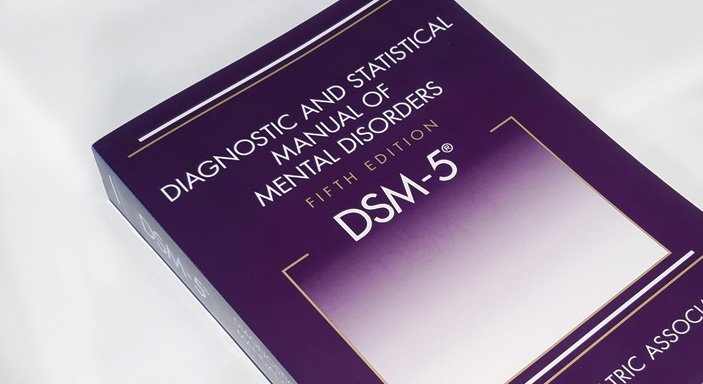
A friend recently told me about an experience she had at a local fast-food eatery. While standing in line, she was engaged in conversation with an elderly friend who was seated. Their voices were somewhat raised due to the noise in the busy restaurant. The elderly lady was telling my friend how happy she was to be living here at the beach.
All of a sudden, another patron, seated all the way across the room, began to yell and accuse them of talking too loudly. The level of his voice was far higher than their conversation had been. They immediately lowered their voices, and you might have expected the incident to end right there. But it didn’t.
The man (who was with his wife and kids, yet) continued to yell louder and louder until the elderly lady finally got up and left. The escalation was far in excess of whatever might have been even minimally appropriate.
Obviously there was more going on here than just raised voices. We hear all the time about road rage that becomes violent, or attacks from strangers over insignificant things. Why are some people on such a hair trigger?
Well (surprise, surprise), some members of my profession (much to the satisfaction of clever criminal lawyers) have turned this irresponsible lack of self-control into a “disease.” Apparently the only thing our screaming aggressor needed was a pharmacist! Behavioral sciences writer Bruce Bower states in Science News Online (www.sciencenews.org) that “‘Intermittent Explosive Disorder’ features tirades, grossly disproportionate to the triggering circumstances, during which a person destroys property, tries to hurt or actually hurts someone, or threatens to do so. The expression of rage elicits a sense of relief, followed by remorse.”
Well, today’s trendy psychological labels are nothing if not descriptive! If I had a nickel for every person who has proudly proclaimed, “I have ADD (Attention Deficit Disorder),” I would be a rich man (or at least have a room full of nickels). Whenever I hear that universal excuse, I think, “So you don’t always pay attention. How is that a disease? It sounds to me more like a bad habit.” This out-of-control “diseasing” of every unusual behavior, from distracted teenagers to spoiled adults, does disservice to those who might actually suffer from a true physiological problem.
These labels don’t tell you anything about the deeper nature of the problem. Though it’s impossible to know the specifics about our angry restaurant patron’s life, we can be sure of three things: First, he’s really angry about other things, and that day’s trigger happened to be a benign conversation. Second, he’s profoundly unhappy — not merely stressed, but unhappy. Third, he’s in the habit of indulging his emotions, i.e., “If I feel it, then it’s true.”
The early days of psychiatry espoused the outdated stereotype that an adult’s problems were the fault of his or her mother. Ridiculous, but I’m willing to bet that this man has been enabled by at least one significant person — mother, father, spouse, whomever. The enabler, though not directly responsible for his actions (he alone is), has helped perpetuate the illusion that he’s entitled to treat his feelings as valid, no matter how obnoxiously he chooses to express them.
We need to replace these idiotic labels with plain language. How about, “He’s really angry about a lot of things, and he reacted in an irrational way and does not deserve a free pass by having a ‘disorder.’” (Imagine the acronym for THAT!)
When encountering one of these spoiled brats, the best course of action is to say nothing. One thing I certainly do not advise is to appease him. Notice how when my friend hushed her conversation, he got even angrier? When you give unreasonable people what they want, it emboldens them to go even further by implying that their feelings are valid. Don’t grant them power they don’t deserve.
Obviously, it’s not quiet he wanted; it was control over others. In such situations, neither escalate nor enable. It’s his responsibility to “cure” his “intermittent explosive disorder” on his own time, not yours — and not his pharmacist’s.
Follow Dr. Hurd on Facebook. Search under “Michael Hurd” (Rehoboth Beach DE). Get up-to-the-minute postings, recommended articles and links, and engage in back-and-forth discussion with Dr. Hurd on topics of interest. Also follow Dr. Hurd on Twitter at @MichaelJHurd1, and see “Michael Hurd” on MeWe.
